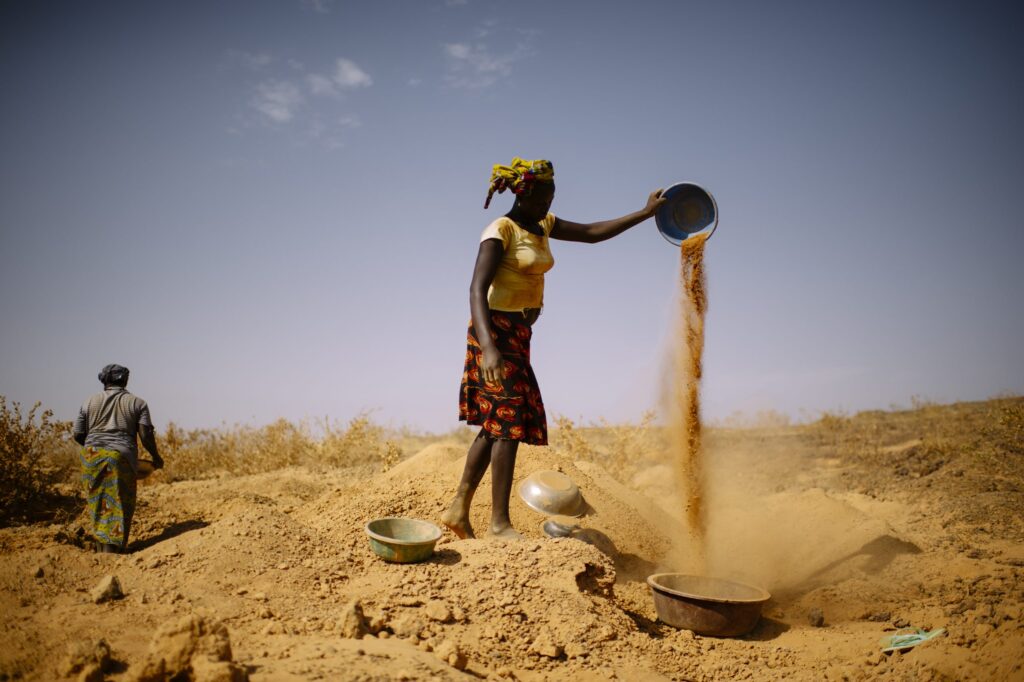On 30 April 2022, Com. Solomon Ayele Dersso, Chairperson of the working group on extractive industries, environment and human rights violations in Africa (WGEI) presented his inter-sessional activity report. The report highlights ongoing discussion with with the African Union (AU) Commission, the United Nations (UN) Development Programme, the Office of the UN High Commissioner for Human Rights and the UN Working Group on Business and Human Rights towards co-convening and co-hosting the first of what would be an annual African Business and Human Rights Forum.
On this occasion, Miyalou Ndoulou Michelle Jeiss from RPDH delivered a joint statement on the critical situation in the Republic of Congo. Indeed, as oil represents 90% of the Congo’s exports, the extractive industry is associated with political and economic instability, as well as human rights violations. The population rarely benefits from the income generated by the sector evidenced by the level of poverty of the populations, with limited access to health.
ISHR and RPDH therefore urged the WGEI to :
- Call upon the Congolese government to disclose all contracts in their entirety, including amendments and any other annex, particular agreements, commercial infrastructure agreements and commercialisation of raw materials on behalf of the State, given the importance of those types of contracts for the economy;
- Ask the Congolese government to immediately adopt and implement effective measures, including legislative, to protect human rights defenders, in compliance with EITI norm 1.3 to ensure a safe civic space for all human rights defenders, whistleblowers, and environmental activists in the country;
- Call upon the government to strengthen the respect of legislation by business actors and to call on them to commit to the implementation of EITI requirements, but also to comply with their social and environmental responsibility, also implying a particular monitoring of the action of Asian companies.
